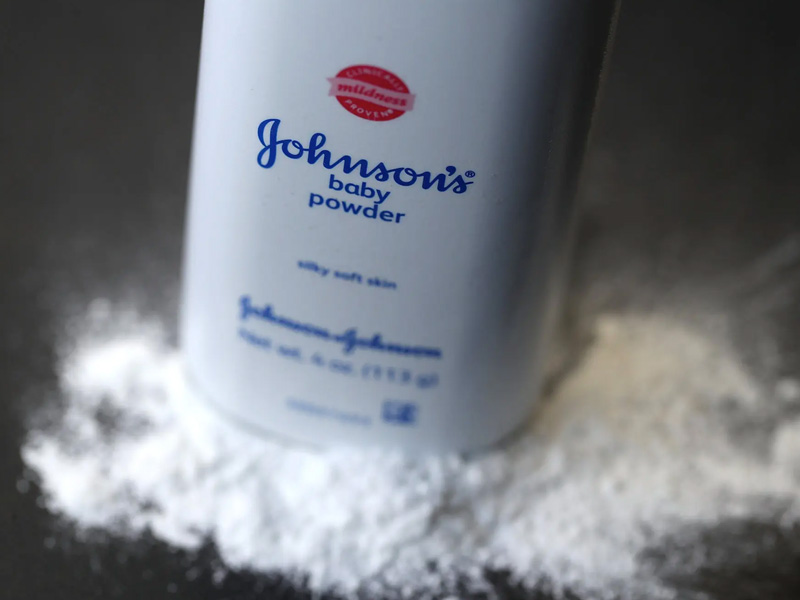A recent study has uncovered a connection between the use of talcum powder and the risk of developing ovarian cancer. This latest research, published in the Journal of Clinical Oncology, lends credence to the more than 50,000 lawsuits against Johnson & Johnson, alleging that their talc-based baby powder was the culprit behind devastating cases of ovarian cancer.
The Risk of Ovarian Cancer from Talcum Powder Use
This new talcum powder cancer study, which examined data from the Sister Study – a long-term, nationwide investigation involving more than 50,000 women – revealed a troubling correlation between the use of talcum powder and the development of ovarian cancer. The researchers found that women who regularly applied talc powder to their genital area were at a significantly higher risk of developing this devastating form of cancer.
“Despite challenges in assessing exposure history and biases inherent in retrospective data, our findings are robust, showing a consistent association between genital talc use and ovarian cancer,” explained Katie M. O’Brien, PhD, MSPH, a researcher at the Epidemiology Branch of the National Institute of Environmental Health Sciences and the lead author of the study.
Notably, the study also found that the increased risk of ovarian cancer was more pronounced among women who used talcum powder frequently or for extended periods, often starting in their 20s and 30s. This suggests that long-term and consistent exposure to talc may be a significant contributing factor to the development of this deadly disease.
The Ongoing Legal Battle against Johnson & Johnson
The findings of this latest study have significant implications for the ongoing legal battle against Johnson & Johnson, the manufacturer of the talc-based baby powder at the center of the controversy. For years, the company has faced a barrage of lawsuits from individuals who claim that their use of the product led to the development of ovarian cancer or a rare and aggressive type of cancer known as mesothelioma.
The lawsuits, which now number more than 50,000, allege that Johnson & Johnson was aware of the potential health risks associated with their talc-based products but failed to adequately warn consumers. The company, however, has consistently defended the safety of its talc-based products and denied that they ever contained asbestos, a known carcinogen.
Challenging the Industry’s Stance on Talcum Powder Safety
This new research directly challenges the industry’s long-standing position on the safety of talcum powder. For years, Johnson & Johnson and other manufacturers have argued that studies have not demonstrated a convincing link between the use of talc-based products and the development of ovarian cancer.
However, the findings of the Sister Study cohort suggest otherwise. The researchers employed a robust methodology, leveraging detailed lifetime exposure histories and the unique design of the study, to provide “more reliable evidence that supports a potential association between long-term and frequent genital talc use and ovarian cancer.”
Rethinking the Safety of Intimate Care Product Use
The findings of the new study have far-reaching implications that extend beyond the ongoing legal battle against Johnson & Johnson. The research has sparked a broader conversation about the use of intimate care products, particularly those containing talcum powder, and their potential impact on women’s health.
“We’re not aware of any medically necessary reasons why someone would need to use talcum powder,” said Katie O’Brien, the lead author of the study and an epidemiologist at the National Institute of Environmental Health Sciences.
This sentiment is echoed by other health experts, who are now urging women to reconsider their use of talc-based products and explore alternative options that do not pose the same potential health risks. The growing awareness of the potential dangers associated with talcum powder may lead to a shift in societal attitudes and the development of safer personal care products, which is a benefit to us all.
Talcum Powder Lawsuit Information
Johnson & Johnson knew for decades that asbestos lurked in its Baby Powder, Reuters
Study links talc use to ovarian cancer — a potential boon for thousands suing J&J, NBC News

